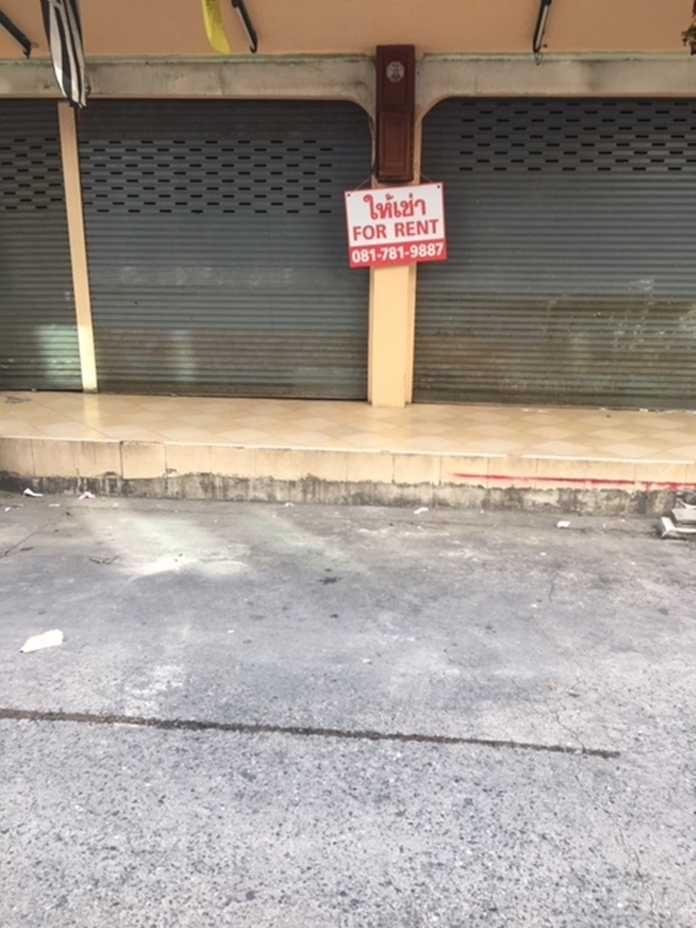
Pattaya may not have been the city built on rock and roll, but it was certainly created to cope with huge numbers. Perhaps 15 million foreign visitors in 2019. But the pesky virus has abruptly ended that scenario with the Tourism Council of Thailand now predicting that one third of tourist-orientated business may be permanently shuttered.
The evidence is easy to find. Pattaya’s 100 or so Indian restaurants of yesteryear have shrunk to less than half that number. Major entertainment centres catering for hundreds of eager beavers at one sitting, such as glitzy cabaret shows and dance clubs, remain firmly padlocked. The 200 or so massage parlours did mostly reopen, but are facing the reality that there are too many hot towels and not enough cool customers.
So the key to survival is to appeal to the markets which are still here. It is no surprise that the government is seeking to boost the Thai domestic market. In Pattaya there are shopping discounts galore and huge savings to be made on hotel accommodation. Thais are currently reluctant to travel abroad for obvious reasons. They will likely face 14-days quarantine at both ends and will need a host of documents for the return journey. Thailand’s domestic travel market is not small potatoes and is in the region of one trillion baht of spending annually. At weekends in particular, cash registers are ringing happily in some retail outlets and restaurants.
But the foreign market is in the doldrums. It used to be worth over two trillion baht annually. With the Thai authorities now even delaying travel bubbles because of fears of importing the virus and a poll showing most Thais don’t even want medical tourists, let alone general tourists, access to the Land of Smiles is set to be very bleak. Permission to enter the country has to be granted by the Thai embassy in the country of intended departure. The hurdles are gigantic.
Nearly all the foreigners now resident in the greater Pattaya area have been here for at least four months and likely longer. They include relatively small numbers of permanent residents (those possessing a police red book), work permit holders, husbands with Thai families and wannabe students, retirees with one year extensions of stay and a small number of Elite visa holders. The local total may be in the region of 10,000 people.
A much larger number of foreigners in Pattaya are those from neighboring countries, mostly guest workers on less-than-generous wages from Myanmar, Cambodia and Laos who may number 20,000 under the partnership agreement between governments known as the MOU (Memorandum of Understanding). The number was formerly much larger, but the slowdown in the construction industry since the pandemic’s arrival encouraged many to return whilst the borders were still open. There are also an unknown number of illegal immigrants living in Pattaya’s twilight zone. The young Cambodian guy serving customers in a bar or offering a foot massage might not have the correct paperwork.
Chairat Trittanajarasporn, president of the Tourism Council of Thailand, explains that “the playground is clean but there’s a big fence around it,” meaning that whilst the country is technically open for business, the fear of introducing coronavirus means most foreigners are barred from entry.
Meanwhile, Pattaya’s expat retirees never had it so good. Trapped like birds in a gilded cage – if they leave Thailand they won’t be able to get back – they are enjoying the special attention and the generous discounts which await them in many bars, restaurants and massage shops. 74 year old John Liebermann confided, “For the first time in Pattaya, I actually feel wanted. Trouble is I’m too old to enjoy it.”
 |
 |
 |





